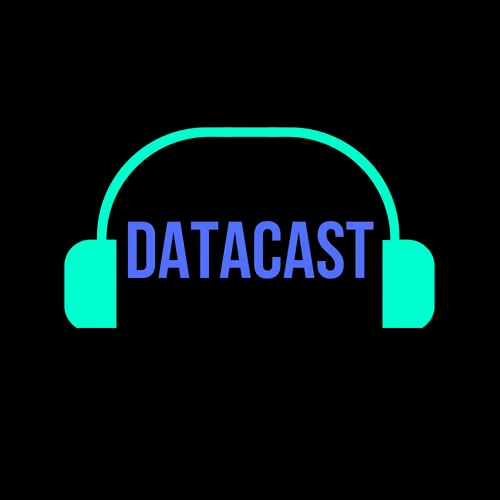In this post and those to follow, I will be walking through the creation and training of recommendation systems, as I am currently working on this topic for Master Thesis. Part 1 provides a high-level overview of recommendation systems, how they are built, and how they can be used to improve businesses across industries.
A Friendly Introduction to Data-Driven Marketing for Business Leaders
How to Run an Effective Data Science POC in 7 Steps
What does running a POC mean in practice specifically for data science? When it comes to the evaluation of data science solutions, POCs should prove not just that a solution solves one particular, specific problem, but that a system will provide widespread value to the company: that it’s capable of bringing a data-driven perspective to a range of the business’s strategic objectives.
A Friendly Introduction to Open Source Data Science for Business Leaders
Open source is a key enabler for enterprise data science, both in terms of the growing ecosystem of open-source tools and the expanding number of complementary enterprise data science platforms that incorporate and build on open source languages and tools. The challenge is identifying which of those tools is relevant and valuable to your business. Assessing the maturity of these projects, grappling with any licensing issues, and making sure your team has the correct skillset to use them are challenges that many companies are now facing.
Technological Trends in 2019 That I Learned from Ascent Conference
Last week, I attended the Ascent Conference in the Sheraton Hotel New York at Times Square, which is a 2-day conference focused on bringing together senior leaders in the East Coast tech community to learn, collaborate, and build the relationships needed to spearhead meaningful change. I took some detailed notes of the talks/panels that I attended and decided to use this post to share my major takeaways.
Top 10 Practices to Operationalize Your Data Science Projects in the Real World
Datacast Episode 20: Managing Data Scientists with Sunanda Parthasarathy
Sunanda Koduvayur Parthasarathy is an Associate Director of Data Science at Wayfair Inc., where she leads a team of data scientists and engineers to build machine learning solutions that lead to a better shopping experience for all Wayfair customers. Prior to this, she was leading data science innovation R&D projects at the ad-tech startup DataXu. Through her career in data science, she has enjoyed bringing quantitative definition and clarity to unwieldy strategic business questions that have led to multiple high-revenue products.
Best Practices for Using Functional Programming in Python
Python is a very versatile, high-level programming language. It has a generous standard library, support for multiple programming paradigms, and a lot of internal transparency. If you choose, you can peek into lower layers of Python and modify them – and even modify the runtime on the fly as the program executes.
What is Web Scraping?
Datacast Episode 19: Data Science in South Africa with Tristan Bergh
Tristan Bergh is a systems thinker and data scientist living in Cape Town, South Africa. He studied aeronautical engineering before working as an enterprise software engineer. He worked as an architect on AFIS implementations in Southern Africa, moving into middleware for large fin-tech systems. He restarted his system modeling and machine learning consulting services through 2014, delivering predictive analytics models in healthcare and other domains.










